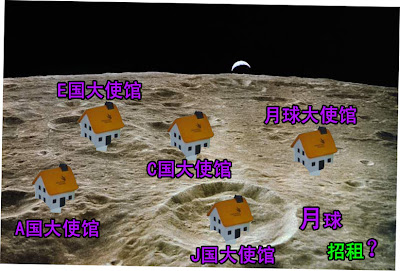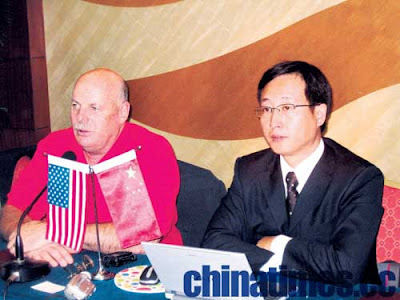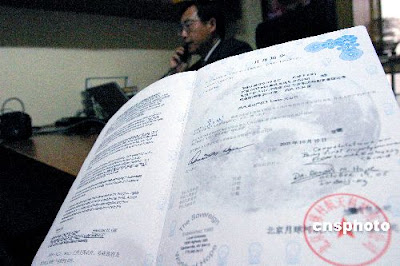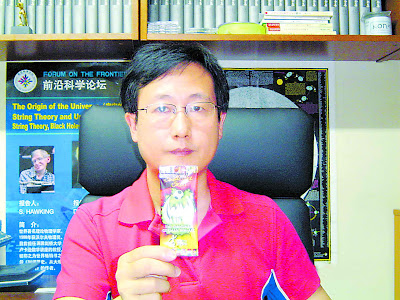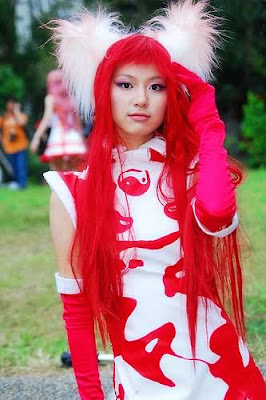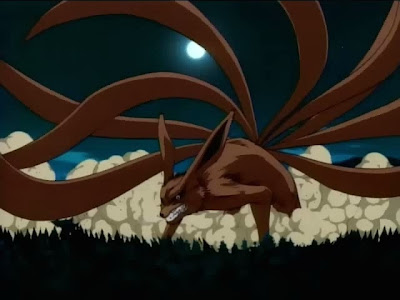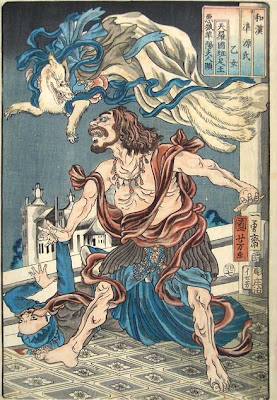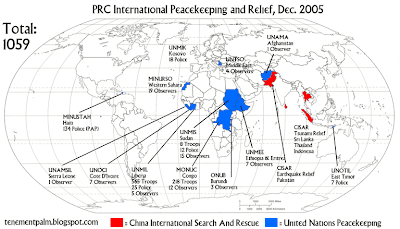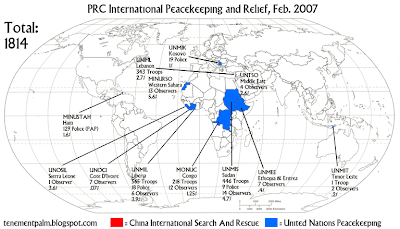While China may be planning to send robots and manned mission to the moon, there’s one thing they’ve decided they aren’t sending: real estate brokers. The Beijing No. 1 intermediate People’s Court has ordered Chinese moon tychoon Li Jie (李捷) to stop selling off pieces of the moon, refund his customers over 14,000 yuan (about 50 acres sold) and pay a 50,000 RMB fine for violating rules on market speculating. Actually, the ruling was made back in 2005, but Li Jie appealed and this is the end of the road. (h/t WeirdAsiaNews)
Li Jie didn’t come up with the idea, though. Dennis Hope has been selling off moon land for years and claims he made a cool million in 2003. You can purchase an acre at his Moon Shop for 19.99, plus a “Lunar Tax” and shipping & handling. At $31.51, that’s 7 bucks cheaper than Li Jie’s prices), then swing by his Lunar Embassy webpage, the World Headquarters of “The founders and leaders of the extraterrestrial real estate market.” Li Jie’s Lunar Embassy (月球大使馆), contracted as an “exclusive distribution agent” of Hope’s in September of 2005, opened for business October 8th to great press attention and criticism. Reports of the amount Li Jie paid vary, but he claimed in 2005 to have signed on to pay a distribution rights fee of $125,000 US dollars and a $2 US dollar per month fee on each acre he purchased, for a total of 7110.32 acres. Later he claimed he lost $125,000 dollars on the failed deal, including roughly $27,500 US dollars buying 110,000 acres from Hope. Either way, Li Jie blew a large wad on his moon shot.
 The highest level U.S. – China space summit in years?
The highest level U.S. – China space summit in years?
According to an interview with Li Jie in December 2005, Dennis Hope had flown to Beijing for a press conference on October 19th, before the shutdown, to clarify Li Jie’s legal rights, telling him he had many lawyers and had solved such controversies before. But the visit cleared up nothing, and a week later authorities had suspended Li Jie’s business. Having spent over 400,000 RMB on the business (he said at the time) and owing thousands of US dollars to Dennis Hope as per their contract, Li Jie found himself cash strapped. Some 600 million RMB he claimed to have made on previous inventions and a line of secretarial products was tied up in real estate and other investments, and Li Jie sold his sports car to pay the bills. When Chaoyang authorities asked Li Jie to produce documents backing up Dennis Hope’s ownership of the Moon, Hope told Li Jie the documents, supposedly in the records of a San Francisco land management office, were destroyed in a flood in 1987. When Li Jie asked for proof of the flood from the office in question, he says Hope was evasive and didn’t provide anything. Whenever he had raised questions about the claim of ownership, Li Jie says, Hope told him to trust him. Though suspicious, Li Jie went along in the hopes of financial success.
 Chinese Moon Deed: Who needs the new property laws?
Chinese Moon Deed: Who needs the new property laws?
Then, in November, Dennis Hope asked Li Jie to reimburse his airfare for the trip to Beijing to the tune of $6,000, a figure Li Jie thought “impossibly” high. When Hope refused to fax copies of the tickets, Li Jie refused to pay. Hope then gave an ultimatum: revoking Li Jie’s rights as a Moon estate agent and the claim to his 7110.32 acres of the Moon. In December, he followed through. Li Jie immediately responded by issuing a counter claim of ownership to the entire Moon.
 If he had his way, Li Jie would sell you “pigsty air in a bag”
If he had his way, Li Jie would sell you “pigsty air in a bag”
Li Jie didn’t quit there, however. On April 6th, 2006, Li Jie announced he owned all of the “atmospheric water” of China (commonly known as “clouds”), the plan being to protect the environment by suing polluters for compensation when they damaged his property (i.e. the sky). Then Li Jie announced he was partnering with a German company to sell “World Cup Air”, small bags containing air from stadiums that hosted matches in 2006 (You can still buy your own WM Luft for 5€ online). Li Jie’s application to sell air was rejected, despite this blistering legal defense:
However, Li defended the idea of selling the air in court and accused the bureau of denying him an sales opportunity that only comes “once every four years.”
“The ‘special air from special places’ in my application includes air from the 2008 Olympics stadiums, Tian’anmen Square, Qomolongma, the moon, a pigsty, a horse paddock and even the Chaoyang District Court,” Li said.
As evidence, Li listed Little Fox Sells Air a story in a primary school textbook about a cunning fox that opens an air-selling business in a polluted city and “does good business.”
“A textbook could not possibly advocate breaking the law, could it?” Li asked in the court.
Meanwhile, the press was still having a field day with the Moon business. In October 2006, a reporter asked Sun Laiyan, head of the China Space Agency, what he thought of the Moon Embassy. The Moon, he replied, is not for sale.
One commenter has asked: after all this, is Chang E crying or laughing?




